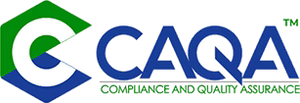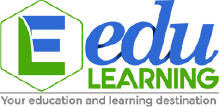Assessment issues that may impact your RTO audit (Part 1)
It is important to look into ASQAs 2017 report that shows:
- Around 72% of RTOs FAIL audit on Assessment
- Approximately 50% of those FAIL to be able to rectify their assessment tools on resubmission under the OLD audit mode
According to the new audit model:
- There may be NO opportunity to rectify critical non-compliances
- Initial registration clients with critical non-compliances are unlikely to get an opportunity to rectify and potentially would be unable to reapply
- Registered RTOs risk sanctions, conditions, or even worse cancellations for critical non-compliances on the first audit
There are a number of assessment-related issues that may affect your audit outcome. You should ensure your assessment resources meet the following criteria:
- Assessment resources have sufficient and clear information regarding what, when, how, where, why for your assessment template and all assessment tasks and activities.
- Assessment resources have robust benchmarking and/or trainers guide.
- Assessment resources are allowing the trainer/assessor to assess the skills and knowledge of students through different assessment tasks over a period of timeto ensure “consistency” and “sufficiency”
- Each and every question and assessment task has very clear guidelines around what is expected from the students in terms of both “quantity” and “quality”
- You have customised the off-the-shelf resources according to your RTO needs and requirements and not using them “as-it-is”
- Your assessment resources are written by Industry experts with subject matter experts and are “Industry-relevant” and “current”
- Your assessment resources address all requirements of the training packaging rules
- Your assessment resources have detailed and valid performance checklists/observation checklists for assessing and observing the students before, during and after any skill assessment activity or workplace task
- Your trainers and assessors gather sufficient, valid evidence for competency assessment
- Your organisation offers appropriate simulated environments for conducting assessments
- The authenticity of assessment, particularly in distance and online delivery is established and maintained














































